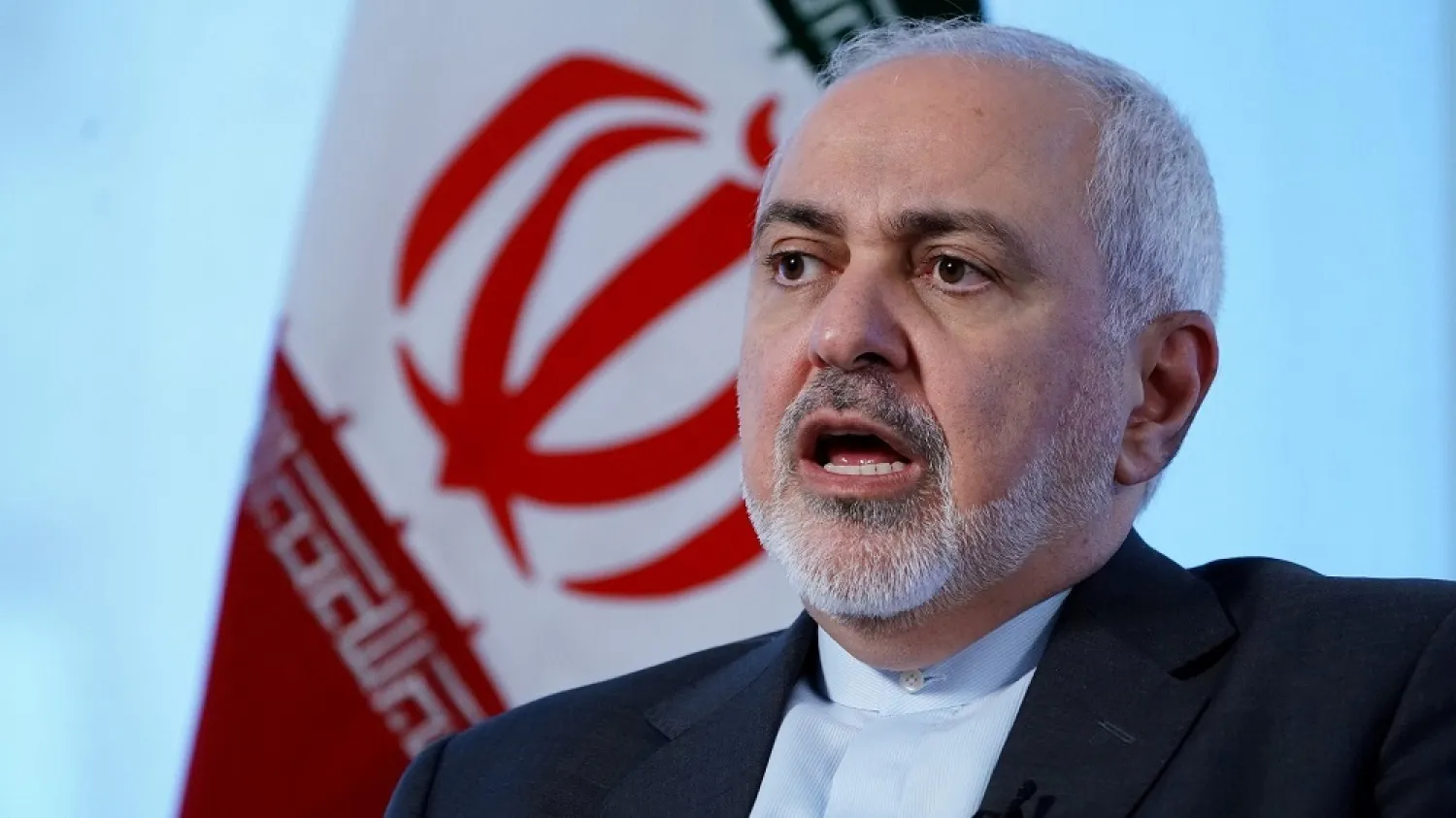The Iranian parliament rebuked Foreign Minister Mohammad Javad Zarif for his attempts to negotiate with the US administration, just three weeks after the killing of Qassem Soleimani, the head of foreign operations in the Revolutionary Guards, in a US drone strike in Baghdad early last year.
A spokesman for the National Security and Foreign Policy Committee, Abul-Fadl Amoui, said that the decision to debrief the minister came after his “unjustified absence” at a meeting held by the committee last September, to question him about his request to negotiate with the US administration three weeks after Soleimani’s killing.
Zarif told the lawmakers that the request came in the context of his response to a question by the German magazine, Der Spiegel, about the possibility of engaging in negotiations following the assassination of the Iranian military leader. He said: “My response was: No, that I do not reject the possibility that people change their orientations and realize the facts.”
The majority of parliament voted against Zarif’s answers to a question from MP Javad Karimi-Ghodousi, about the reasons that led him to announce his willingness to negotiate with the US, accusing the FM of having met an Israeli officer called Bremen, a week before the killing.
Zarif said he was not aware of the identity of one of the companions of the US official who led the negotiations. Referring to the American mediator, he said: “The person who wanted to negotiate on behalf of the Americans… was accompanied by another person, and it was later revealed that he had resided in Israel for ten years.”
The foreign minister pledged to comply with the recent recommendations of Supreme Leader Ali Khamenei on the nuclear agreement.
The questioning session was attended by 259 deputies out of 290, where 173 voted against Zarif, while 55 declared their support for his positions and 18 abstained.









